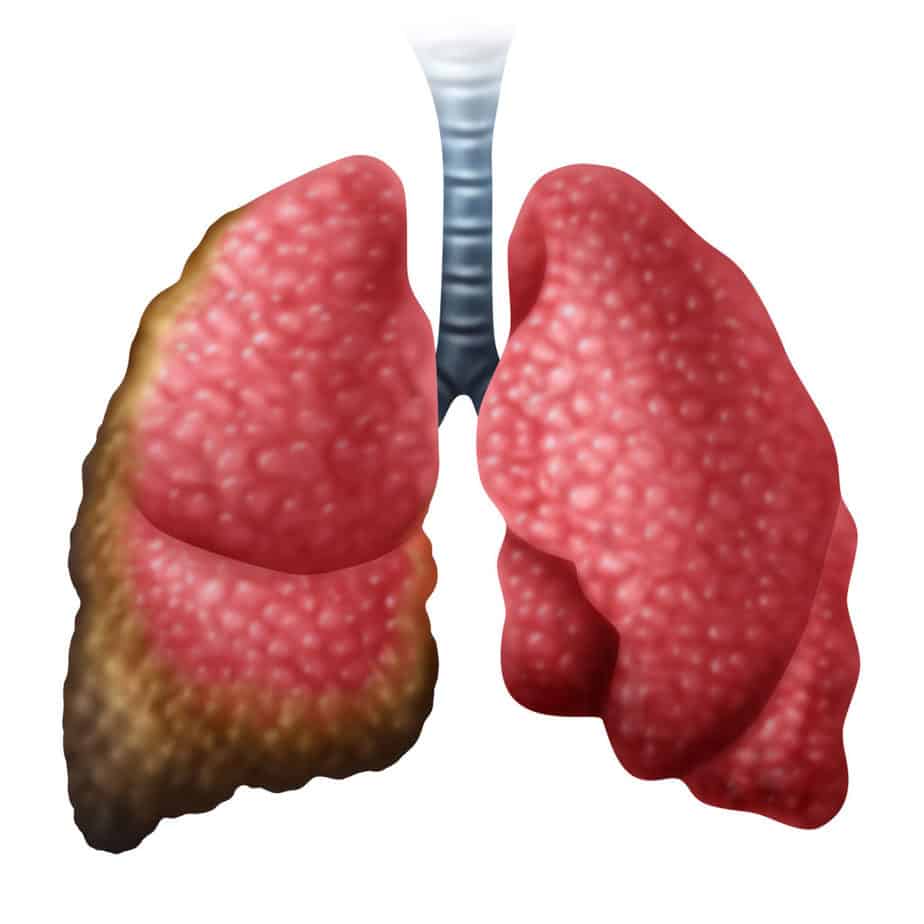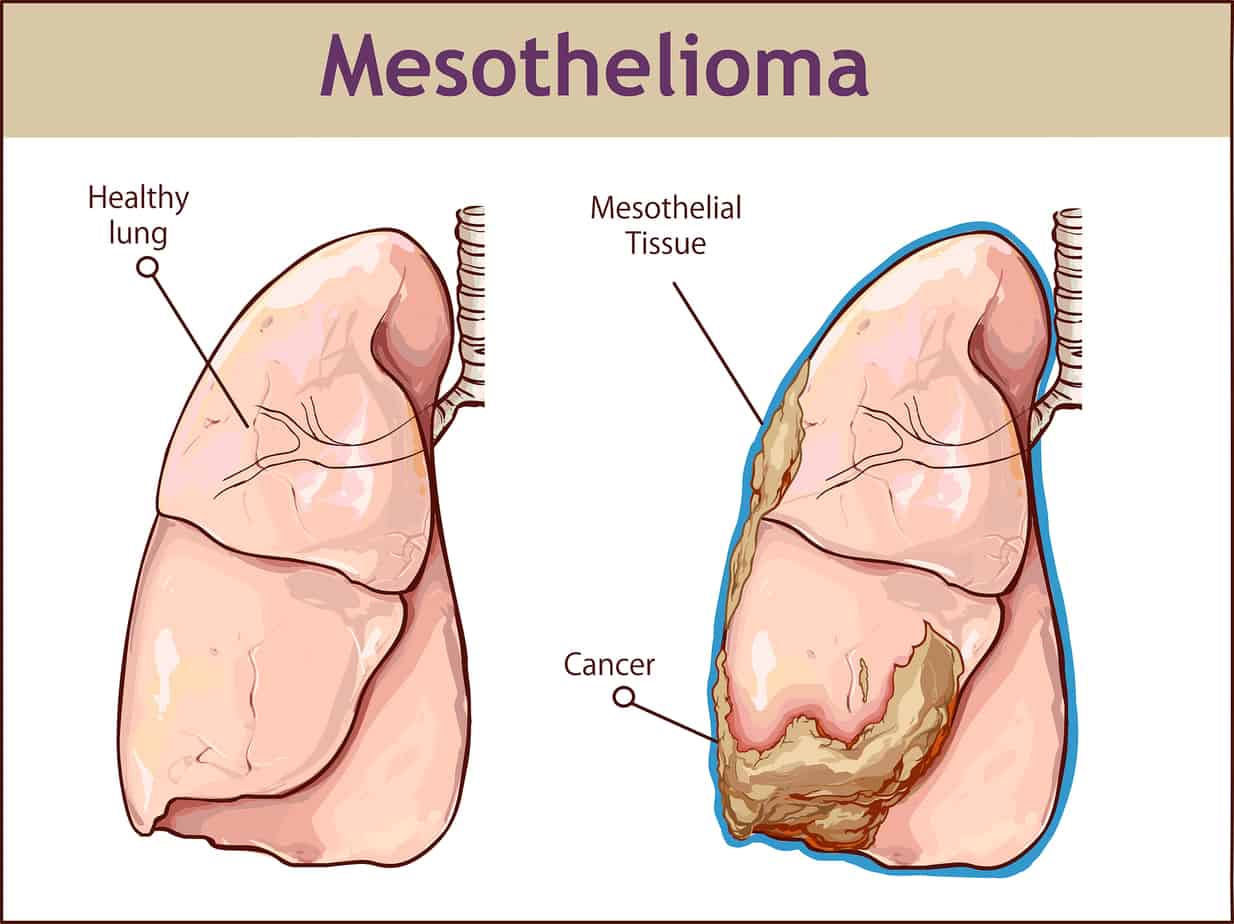A new study has found a wide disparity in global rates of asbestos cancer, or mesothelioma. The study looked at mortality rates over four years and trends from 1994-2013.
Omar Abel-Rahman, an Egyptian oncologist at Cairo’s Ain Shams University, found a 10-fold variation in mortality rates between the 30 countries studied.
Among all of the countries studied, the UK had the highest number of mesothelioma-related deaths per capita – 6.25 per 100,000 people. The country’s high rate of asbestos cancer is believed to be related to the widespread use of asbestos when rebuilding after World War II.
Portugal had the lowest rate of deaths – 0.64 per 100,000 people.
The UK had the highest number of female deaths related to mesothelioma – 1.08 per 100,000. Ireland had the fewest deaths, with 0.26 per 100,000 people.
In the US, UK, Germany, Sweden, France, New Zealand, Netherlands, Australia, and Canada, the malignant mesothelioma rate appears to be on the decline. Rates have dropped over the last decade.
In Asia, Spain, and Poland, mesothelioma rates among men have increased.
Data for the study was collected from the International Agency for Research on Cancer/World Health Organization mortality database.
Many countries have banned asbestos, as malignant mesothelioma is linked to asbestos exposure. Unfortunately, the ban has done little thus far to curb rates of asbestos-related cancer. According to a well know mesothelioma lawyer, the disease’s long latency period is to blame.
It may be several years before overall cancer rates begin to decline steadily.
Researchers are still searching for a cure, but even the most potent cancer treatments have little effect on mesothelioma tumors.
New research from the University of Vermont and New York University has found that ERKs (extracellular signal-regulated kinases) play a significant role in the disease’s growth and progression. Using an inhibitor called XMD8-92, researchers were able to slow the disease’s progression.
While this is only initial research, it may prove to be a promising treatment for this aggressive cancer.



